Artificial Intelligence (AI) has the potential to significantly impact the recruitment industry by streamlining the recruitment process and improving the quality of hiring decisions. Here are some ways AI could shape the future of the recruitment industry:
-
Resume screening: AI-powered software can quickly scan and analyse resumes, identifying top candidates based on their qualifications and experience
-
Candidate matching: AI algorithms can match job requirements with candidate qualifications, increasing the likelihood of finding the best fit for a job
-
Chatbots: Chatbots can help recruiters engage with candidates, answering questions and providing updates throughout the recruitment process
-
Behavioural analysis: AI can analyse candidate behaviour, including their communication style and online activity, to assess their fit for a particular role
-
Predictive analytics: AI can use data analysis to predict which candidates are most likely to succeed in a particular role, based on factors such as job history, education, and personality traits
-
Diversity and inclusion: AI can help reduce bias in the hiring process by eliminating human decision-making, which can be influenced by unconscious biases
The Role of AI Tools like ChatGPT
The recruitment industry is already leveraging AI and machine learning to improve the efficiency and effectiveness of hiring processes. AI-powered tools can help with tasks such as resume screening, candidate matching, and interview scheduling. With the help of ChatGPT and other language models, the recruitment industry can further enhance the quality of candidate screening and selection.
ChatGPT and similar platforms can assist with the initial screening process by conducting preliminary interviews with candidates, asking pre-determined questions, and assessing their responses based on pre-set criteria. This can help recruiters save time and resources by filtering out candidates who don’t meet the minimum requirements. Additionally, AI tools can provide personalised feedback to candidates, informing them of areas they need to improve or develop.
Another application of language regenerative platforms in the recruitment industry is to assist with the onboarding process. ChatGPT and the like can be programmed to answer frequently asked questions and provide new hires with relevant information about the company, its culture, and policies.
Furthermore, tools can assist recruiters in candidate engagement by automatically sending reminders and updates to candidates, reducing the need for manual follow-ups. This can help recruiters stay in touch with candidates and ensure a positive candidate experience.
In conclusion, AI-powered tools like ChatGPT have the potential to significantly enhance the efficiency and effectiveness of the recruitment industry. By leveraging natural language processing and machine learning, they can help recruiters streamline their processes, improve candidate screening, and provide a better candidate experience. As AI continues to evolve, we can expect to see more innovative applications of AI in recruitment. However, it’s important to note that AI is not a magic solution to all recruitment challenges. It is a tool that can assist recruiters in making better-informed decisions, but it cannot replace the human touch entirely. Recruitment is a people-centred process, and AI should be used to enhance the recruitment experience, not replace it.
Sources:
https://www.hirevue.com/blog/the-future-of-recruitment-how-ai-is-changing-the-hiring-landscape
https://www.indeed.com/lead/ai-recruitment-revolution
https://www.jdxconsulting.com/insights/ai-in-recruitment-the-future-is-now/
https://www.topresume.com/career-advice/ai-in-recruitment-the-future-of-talent-acquisition

